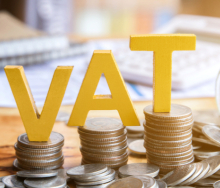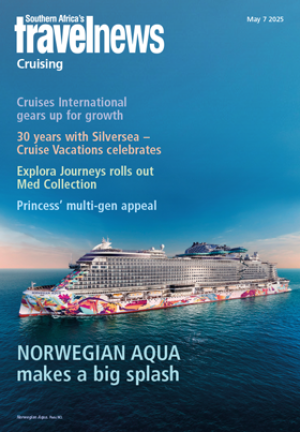As a travel adviser, I’ve seen first-hand how the rise of travel influencers has shifted the way travellers make decisions.
Social media now plays a massive role in shaping travel aspirations. What’s often overlooked is how these influences impact the industry – particularly those of us working behind the scenes to create real, tailored travel experiences for travellers.
While social media thrives on engagement, travel advisers deal with the reality that not every destination suits every traveller. What looks picture-perfect in a reel may be overcrowded, overpriced or unsuitable for a client’s needs. This is particularly evident in the rise of “hotspot” destinations like Bali where influencer-driven content has contributed to over-tourism – creating issues the industry then scrambles to address under the banner of sustainability.
American entrepreneur and author Seth Godin said: “Having a lot of social media followers doesn’t mean you’re really good at making pizza.”
Likewise, having a paid trip to an exotic location does not make someone a travel expert. It makes them a content creator, a photographer or a model but not a travel professional.
The growing trend of influencers being invited on industry fam trips under the guise of being professionals is misleading. It reinforces the false narrative that travel is always easy, luxury is always affordable and anyone with enough followers can travel for free. This does a disservice – not just to travellers but to the industry.
The reality is that travel requires expertise in navigating flights, understanding visa regulations and crafting itineraries that match an individual’s needs.
Unlike influencers, travel advisers carry accountability for the experiences they create. When something goes wrong, it’s not an influencer’s inbox that gets flooded with urgent requests – the agents, advisers and tour operators step in to fix things.
This is why the industry should look at some level of gatekeeping – perhaps through IATA or TIDS numbers – to ensure those earning from travel bookings are also responsible for the outcome.
Fraud, data protection and consumer rights should be key concerns, particularly as influencer marketing continues to blur the lines between professional travel services and paid endorsements.
Travel inspiration is terrific but travel expertise is irreplaceable. As a travel adviser, I sell travel and curate meaningful, informed and seamless experiences – a skill set that can’t be captured in a sponsored post.
In my book Travel with Purpose, I explore how influencers shape travellers’ perceptions more than they influence the industry. Focusing little on practicalities like cost, logistics and availability, influencers’ recommendations are often driven by sponsorship deals rather than genuine expertise.
While their role in inspiring travel is undeniable, the impact of over-tourism, misinformation and unrealistic expectations cannot be ignored.














